Optimal Timing for Masonry Services
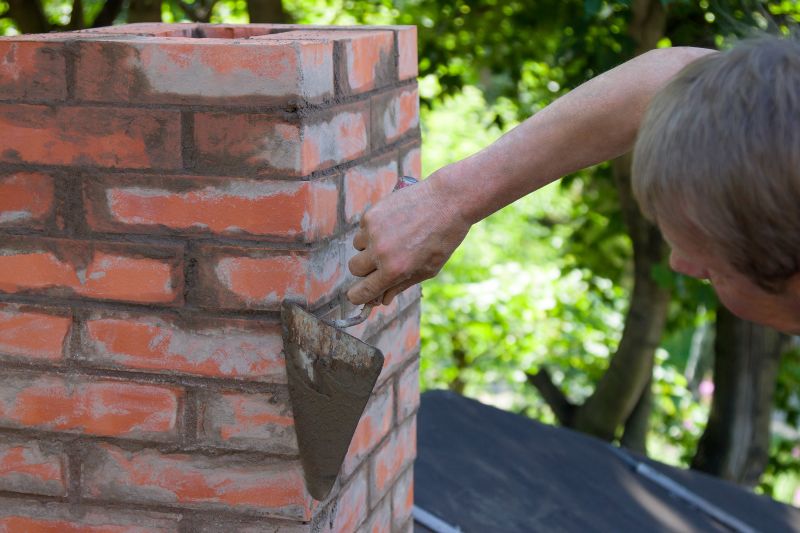
Spring offers moderate temperatures ideal for masonry work, reducing the risk of cracking due to temperature fluctuations.

Summer's warm weather allows for efficient curing, but high heat can cause rapid drying, requiring careful scheduling.

Fall provides cooler temperatures and lower humidity, making it suitable for masonry repairs and installations.
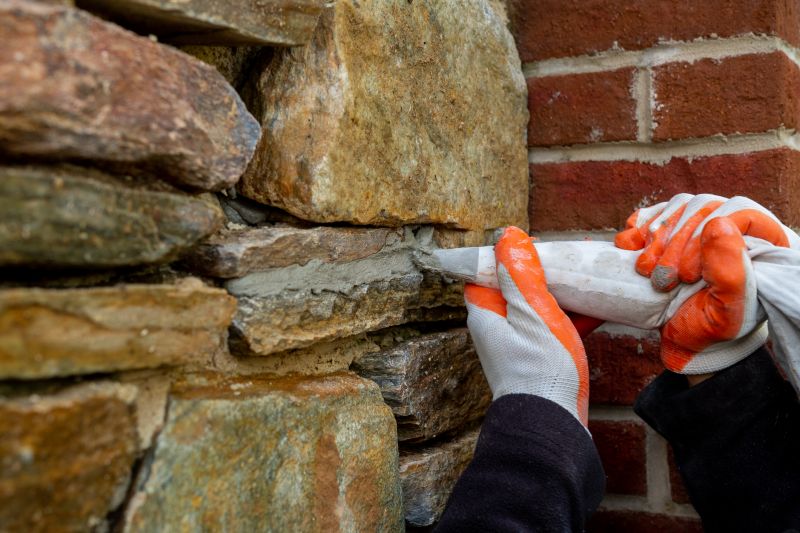
Cold weather can hinder proper curing and increase the risk of freeze-thaw damage, making winter less ideal for masonry projects.
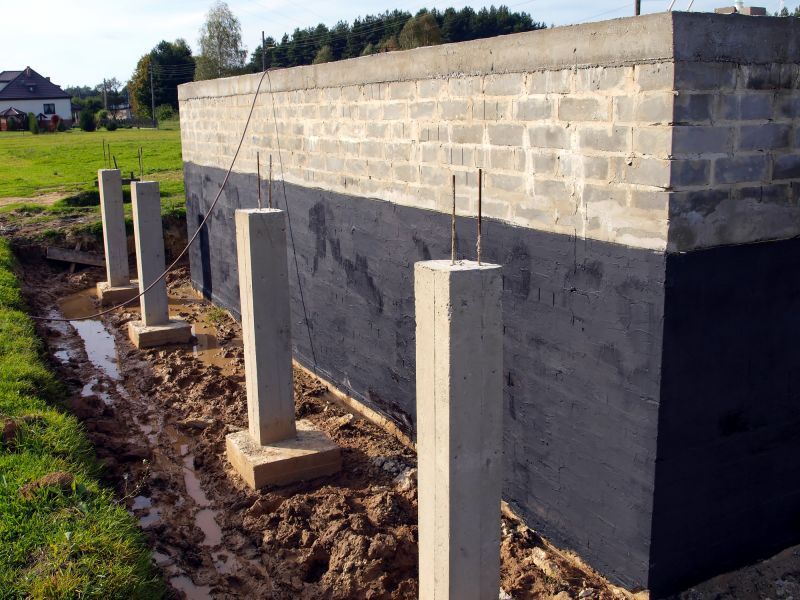
Spring and fall are generally considered the best seasons for masonry services due to moderate weather conditions.
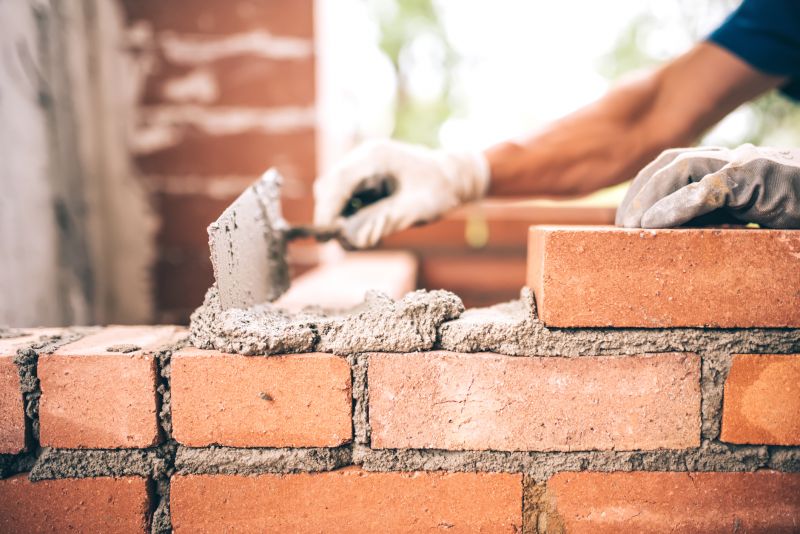
Unfavorable weather, such as rain or extreme cold, can delay projects and affect the quality of masonry work.
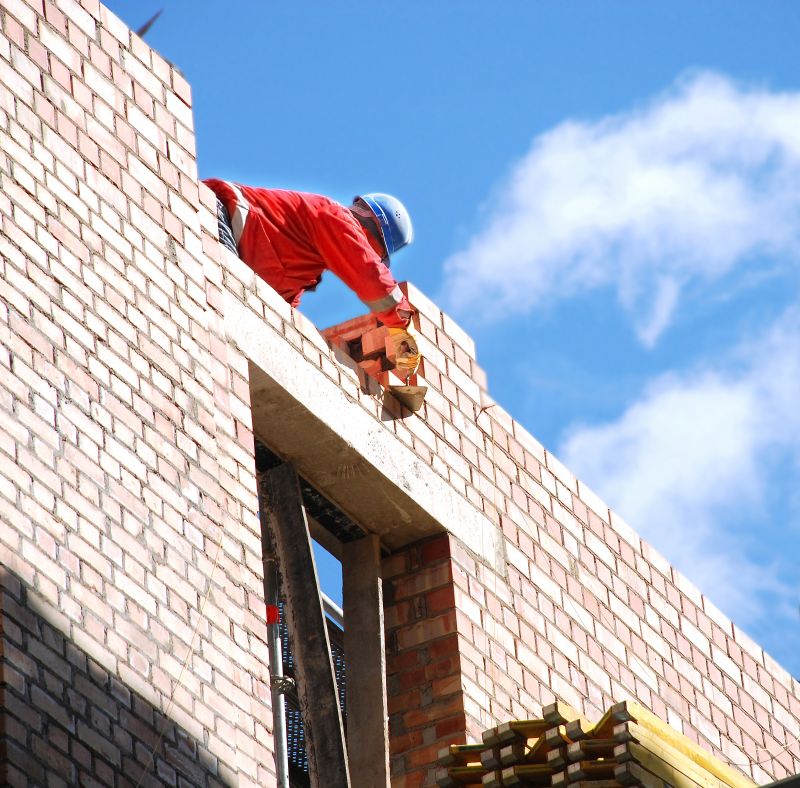
Ways to make Masonry Service work in tight or awkward layouts.
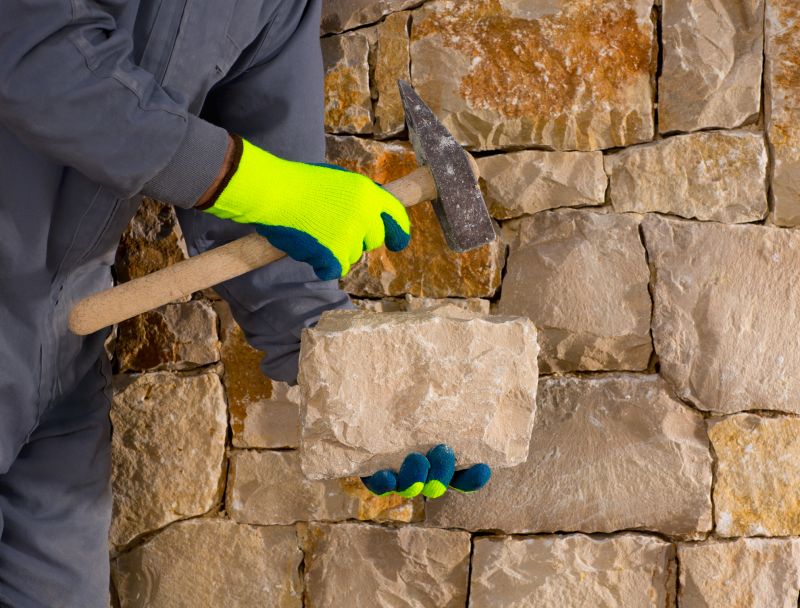
Popular materials for Masonry Service and why they hold up over time.

Simple add-ons that improve Masonry Service without blowing the budget.
Masonry service involves the construction and repair of structures using materials such as brick, stone, concrete blocks, and mortar. Proper timing ensures the longevity and durability of masonry work, with ideal conditions typically found during moderate temperatures and low humidity. Seasonal considerations can influence the quality and success of masonry projects, making planning around weather patterns essential.
Statistics indicate that masonry work performed during spring and fall experiences fewer delays and higher success rates. These seasons provide optimal conditions for curing and setting, reducing the risk of damage from temperature extremes. Properly timed masonry services contribute to the structural integrity and aesthetic appeal of buildings and outdoor features.
Different materials require specific weather conditions for optimal installation and curing.
Scheduling masonry work during suitable seasons enhances durability and reduces maintenance needs.
Projects include patios, retaining walls, chimneys, and facades, all requiring appropriate timing for best results.
Rain, snow, and extreme temperatures can cause project delays and compromise material integrity.
| Season | Ideal Tasks |
|---|---|
| Spring | Foundation repairs, new installations, sealing |
| Summer | Structural repairs, decorative masonry |
| Fall | Restoration projects, sealing, inspections |
| Winter | Limited repairs, planning for spring |
| Optimal Seasons | Spring and fall for most projects |
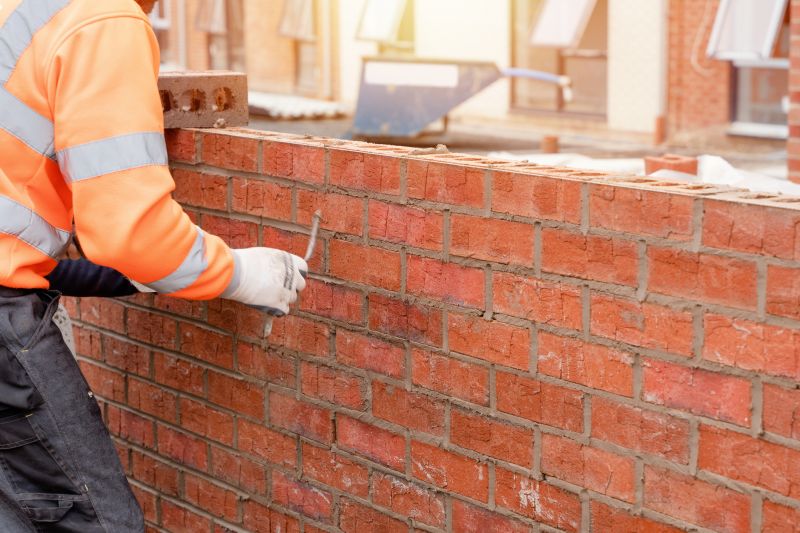
Spring's moderate weather is ideal for repairing and restoring masonry structures.
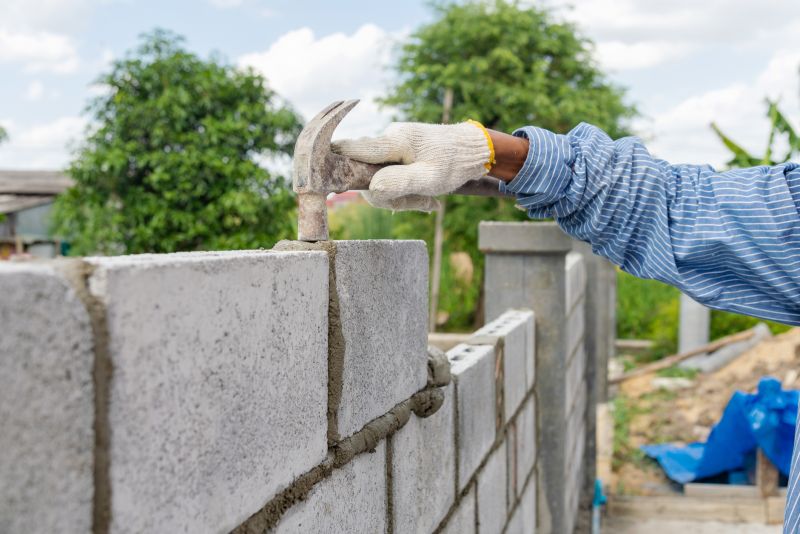
Summer allows for quick curing, provided temperatures are not excessively high.
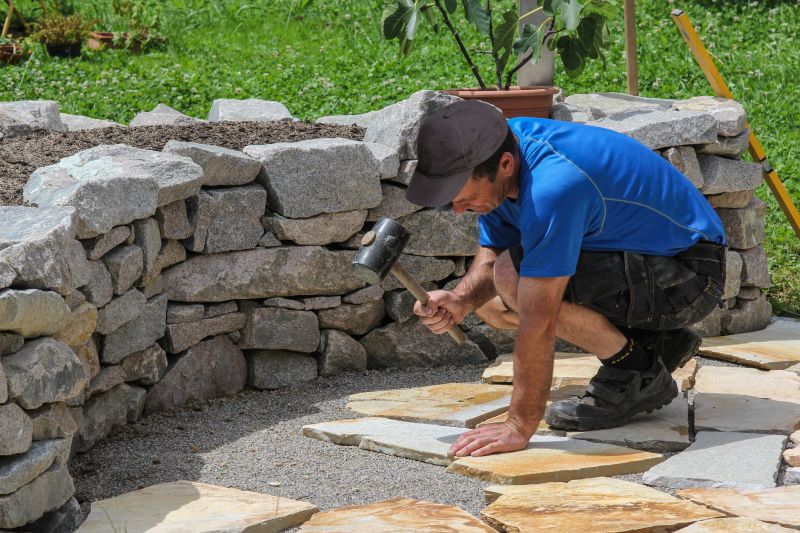
Fall's cooler temperatures help achieve optimal curing and long-lasting results.
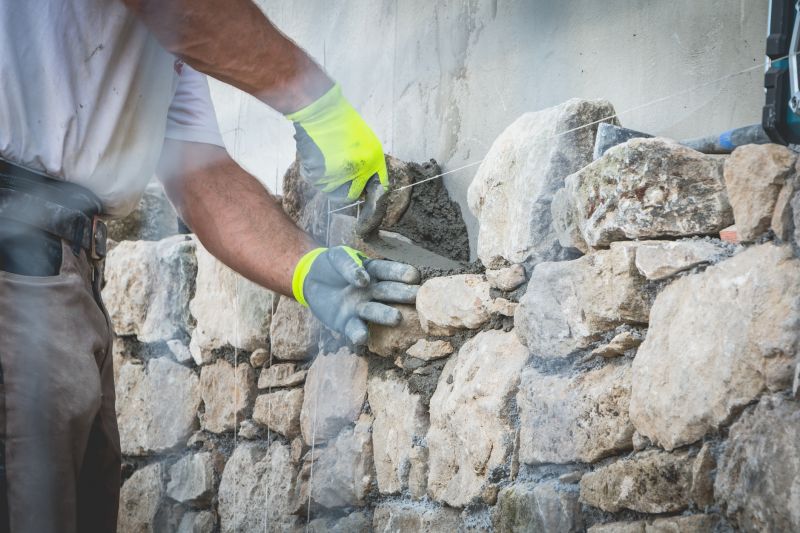
Winter is less suitable for masonry due to risks of freezing and frost damage.
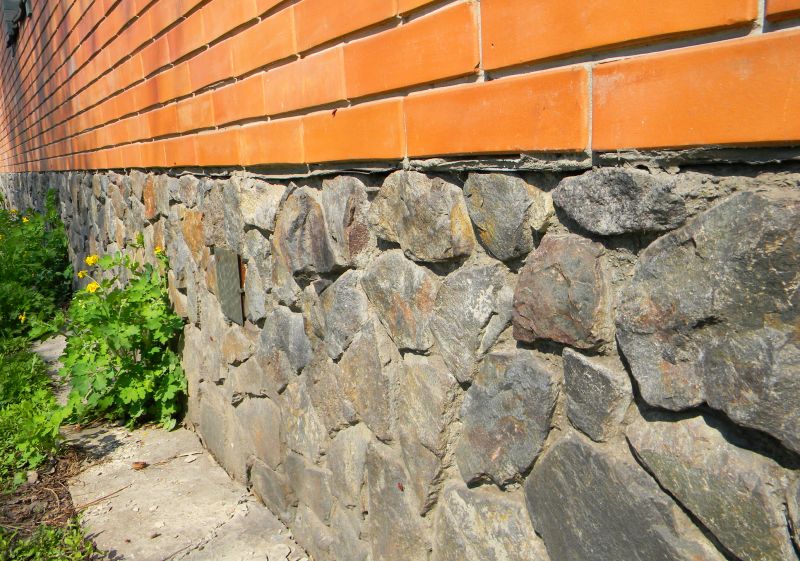
Proper timing minimizes weather-related damage and enhances structure longevity.
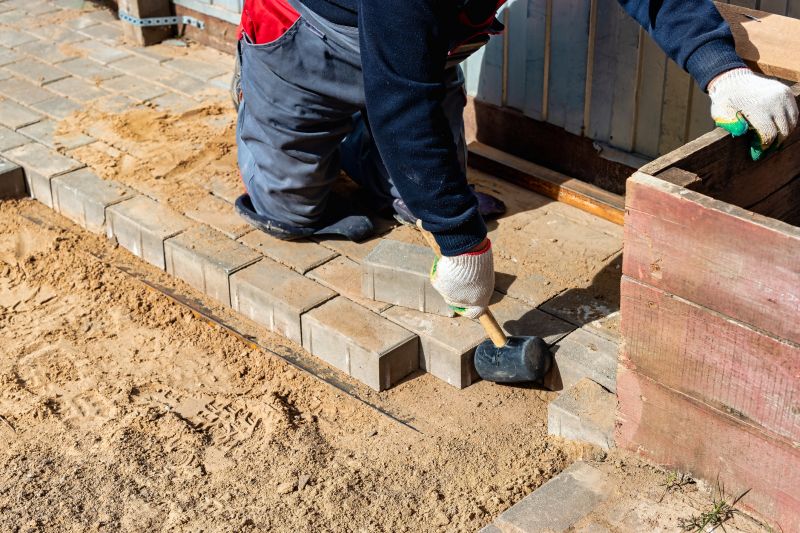
Scheduling around seasonal weather conditions ensures project success and durability.
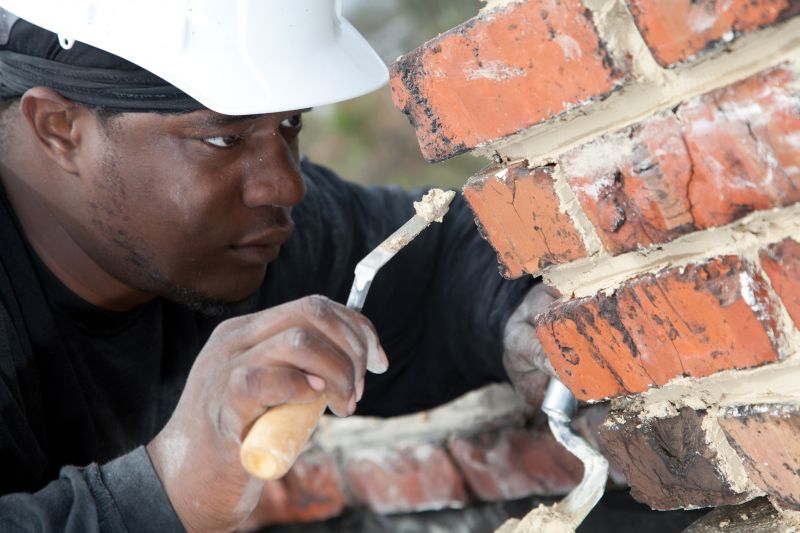
Timing masonry work during favorable seasons reduces costs and extends lifespan.
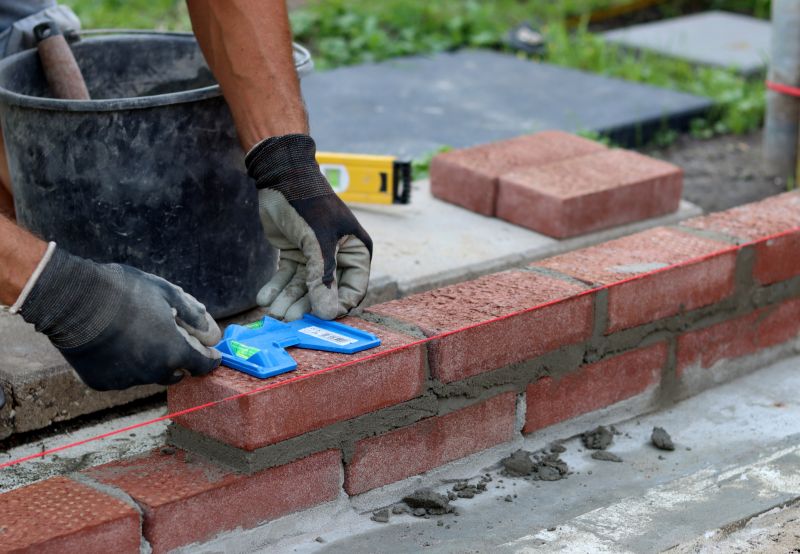
Consult professionals early to align project timelines with optimal weather conditions.
Choosing the right time for masonry service is crucial for ensuring the integrity and longevity of structures. Properly timed work minimizes risks associated with weather, such as cracking from rapid drying or freeze-thaw cycles. Masonry projects performed during suitable seasons tend to have better aesthetic and structural outcomes, reducing the need for future repairs.
Interested parties are encouraged to contact for more information or to schedule a masonry service during the optimal season. Proper planning and timing can significantly impact the durability and appearance of masonry features, making professional consultation valuable for achieving the best results.
